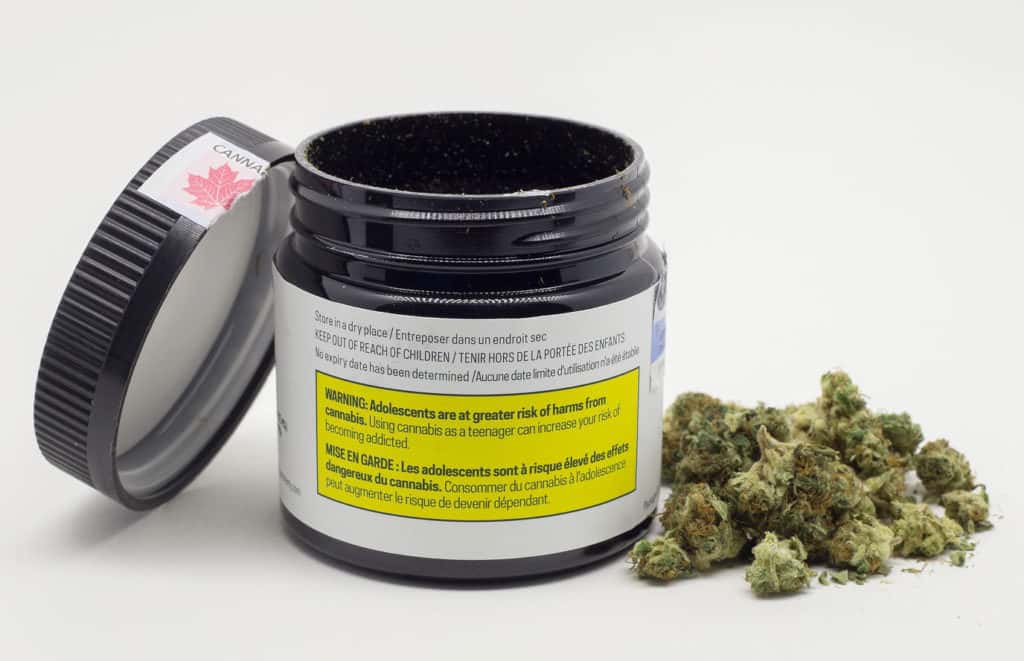A Florida partnership has sued multistate marijuana operator Columbia Care for allegedly conspiring to fraudulently strip its rights to a medical cannabis license worth tens of millions of dollars.
Florida MCBD filed the lawsuit against New York-based Columbia Care in the commercial division of the New York County Supreme Court.
Columbia Care co-founders Michael Abbott and Nicholas Vita also are named as defendants.
According to the suit, an MCBD-Sun Bulb joint venture applied in 2015 for a medical marijuana license, which eventually was awarded by Florida regulators in 2017.
MCBD claims in the suit that it had a 65% ownership interest in the license and that it spent $850,000 on the application.
The CEO of the venture was to be MCBD member Hugh Hempel, co-founder of Las Vegas-based Strainz, which makes CBD products, the suit said.
The 2015 MMJ application was submitted under the Sun Bulb name.
The complaint lists eight counts against Columbia Care, including allegations that:
- The MSO induced Sun Bulb to breach its joint-venture obligations to MCBD and fraudulently transfer the cannabis license to a Columbia Care affiliate.
- Columbia Care knew it was acting wrongfully because it agreed to indemnify Sun Bulb for any license ownership claims made by MCBD.
- The New York company aided and abetted fraud and unjust enrichment.
The lawsuit seeks at least $50 million in damages and requests that the transfer of the MMJ license from Sun Bulb to Columbia Care be voided.
MCBD is in a separate arbitration with Sun Bulb over the matter, according to a news release by MCBD’s law firm.
Columbia Care has 13 dispensaries in Florida, according to state figures, but holds only a 1.4% share of the smokable market and less than 1% of total milligram sales.




